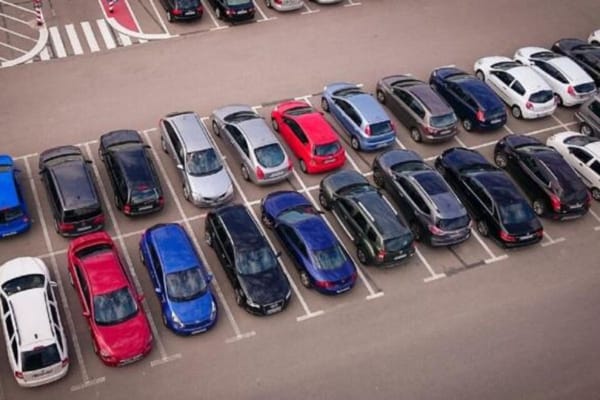The UAE ranks fifth in the IPU’s latest ‘Women in Parliament 2023' report, which is based on parliamentary renewals in 66 chambers in 52 countries in 2023.
“Rwanda continues to lead the IPU world ranking with women accounting for 61.3% of seats in the Chamber of Deputies, followed by Cuba and Nicaragua with 55.7% and 53.9% respectively, while Andorra, Mexico and the United Arab Emirates have parity,"
said the report.
Women made up 27.6% of MPs in those newly elected or appointed chambers, an overall increase of 1.4 percentage points compared with previous polls in the same countries, according to the report.
“The global proportion of MPs who are women has inched up to 26.9%, based on elections and appointments that took place in 2023. This represents an increase of 0.4 percentage points year-on-year, a similar growth rate to 2022. However, the growth is slower than in the preceding years – elections in 2021 and 2020 saw an increase of women MPs of 0.6 percentage points,”
indicated the global report.
Gender issues dominated many of the elections amid a backlash against women’s rights in some countries. The report also points out that several prominent women have recently left politics, blaming burnout and threats.
In the Americas, according to the report, women accounted for 42.5% of all MPs elected or appointed in chambers that were renewed in 2023, the highest regional percentage. The region thus maintains its long-held position as the region with the highest representation of women in the world, at 35.1%.
Globally, the share of women Speakers of parliament increased to 23.8% (up 1.1 percentage points). Cambodia and Côte d’Ivoire elected women Speakers for the first time.
Well-designed and implemented quotas continue to be a significant factor in increasing women’s representation. The 43 chambers that had some form of quotas elected 28.8% women MPs on average, versus 23.2% in countries without.
Sub-Saharan Africa recorded the highest improvement among all regions with an increase of 3.9 percentage points in 2023 elections compared to previous ballots in the same countries. The biggest gains were in Benin, Eswatini and Sierra Leone, enabled by quotas.
News Source: Emirates News Agency









